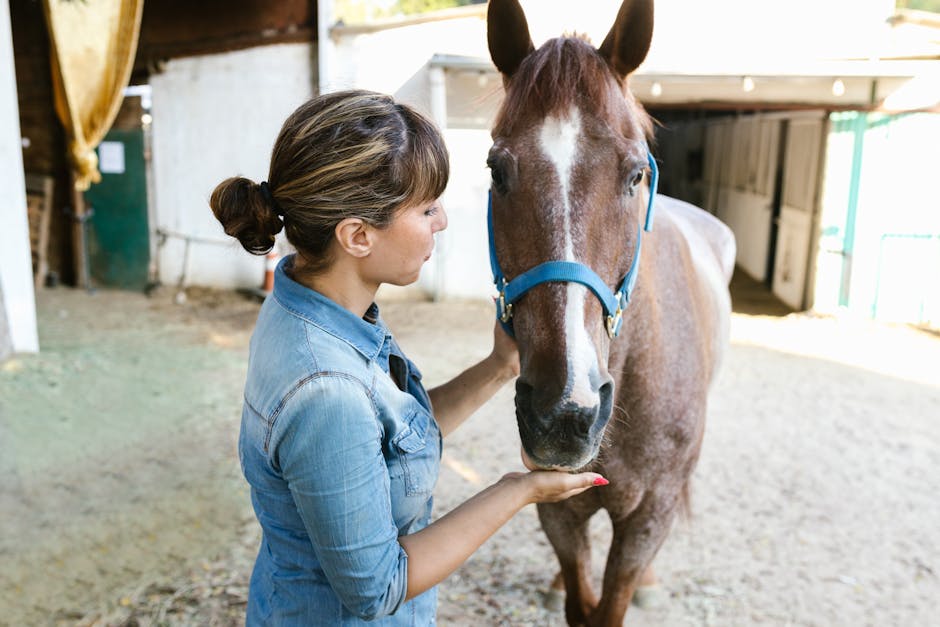Pet ownership is a rewarding journey, but sometimes, challenges arise in the form of behavioral issues. From excessive barking to destructive chewing, these problems can impact both your pet’s well-being and your home environment. Determining who to consult for help is crucial in effectively addressing these concerns. This article explores a spectrum of professionals capable of offering guidance, enabling you to make informed choices about your pet’s behavioral needs.
A crucial first step in seeking help for your pet’s behavioral issues is understanding the nature of the problem. Is your cat exhibiting signs of anxiety, leading to scratching furniture? Or perhaps your dog displays aggression towards other dogs, necessitating a more in-depth approach? Accurately identifying the core issue is paramount. A clear description of the behavior, including frequency, triggers, and any potential stressors, will significantly aid any professional you consult.
Veterinarians often serve as the initial point of contact for any health or behavioral concern. Their professional training equips them to rule out medical conditions that may be underlying the unwanted behavior. A visit to the vet allows for a physical examination, necessary blood work, and potentially crucial diagnostics like X-rays, which can help exclude medical ailments such as pain, infections, or hormonal imbalances. While veterinarians are valuable resources for addressing the potential medical roots, their expertise in behavior modification might not be as extensive.
A dedicated animal behaviorist represents a specialized field within the animal care industry. Often certified or trained through rigorous educational programs, these professionals possess a deep understanding of canine and feline psychology. They understand the intricate language of animals, allowing them to interpret nuanced behaviors, and to develop individualized treatment plans. They may employ positive reinforcement techniques, which are proven effective for shaping desired responses in pets. These professionals can provide insights into the underlying causes of problematic behaviors, such as resource guarding, fear aggression, or separation anxiety. Animal behaviorists, often operating in conjunction with a veterinarian, can provide a comprehensive approach to resolving the behavioral issues.
Beyond animal behaviorists, qualified trainers can offer invaluable support. Different types of training exist; some specialize in behavior modification while others focus on obedience. A good trainer will be experienced in understanding the relationship between the pet’s personality and the behavior, using effective methods that focus on positive reinforcement and clarity. Their insight into communication and reward systems can be transformative for addressing specific behavioral concerns, such as house-soiling or excessive barking.
In situations where aggression or other challenging behaviors are present, or when the pet demonstrates potential threat to others or itself, consulting a veterinary behaviorist is particularly beneficial. Veterinary behaviorists are uniquely positioned to address the more complex cases, integrating medical knowledge with behavioral expertise. They provide assessments, create tailored treatment plans, and, when necessary, collaborate with other specialists to devise an effective approach.
Another crucial aspect involves considering the impact of your own lifestyle and interactions with the animal. While a professional can certainly help, your proactive role in supporting their treatment plan is vital. Consider the living environment, daily routine, and interactions with family members and other animals. These factors can significantly influence a pet’s behavioral patterns. A skilled professional will guide you towards recognizing and modifying environmental or social triggers contributing to the problem.
The choice of who to consult often depends on the specific issue, the severity of the problem, and the individual needs of your pet. If you suspect a medical condition, a veterinarian is an essential first step. If the behavior is more complex and you seek a more nuanced understanding of the underlying motivations, an animal behaviorist or veterinary behaviorist might be the most effective choice.
Communication and collaboration are key throughout the process. The professional will likely need information about the pet’s history, living situation, and any past attempts to address the behavior. Honest and open dialogue between yourself and the professional is essential for a successful outcome. Be prepared to answer questions thoroughly, providing detailed observations.
In conclusion, a multi-faceted approach is often necessary for successfully resolving pet behavioral issues. Consultations with multiple professionals, especially veterinarians, animal behaviorists, and veterinary behaviorists, may prove to be beneficial. Choosing the correct specialist allows for a tailored treatment plan, addressing the pet’s specific needs while considering the unique complexities of your situation. The commitment to open communication and collaboration will enhance the probability of a successful and positive resolution for both you and your pet. Remember, early intervention and a structured approach are often crucial in resolving behavioral problems effectively.
